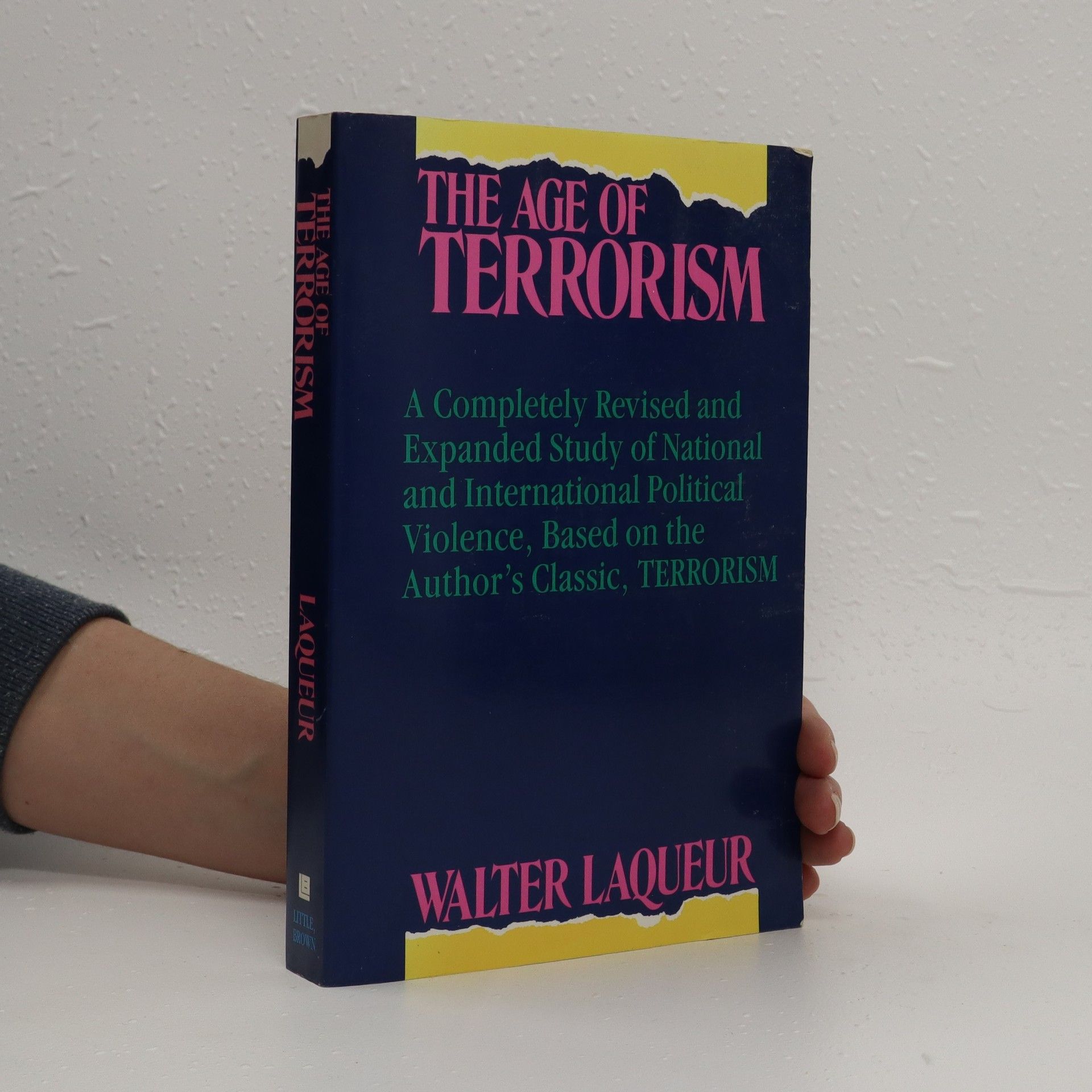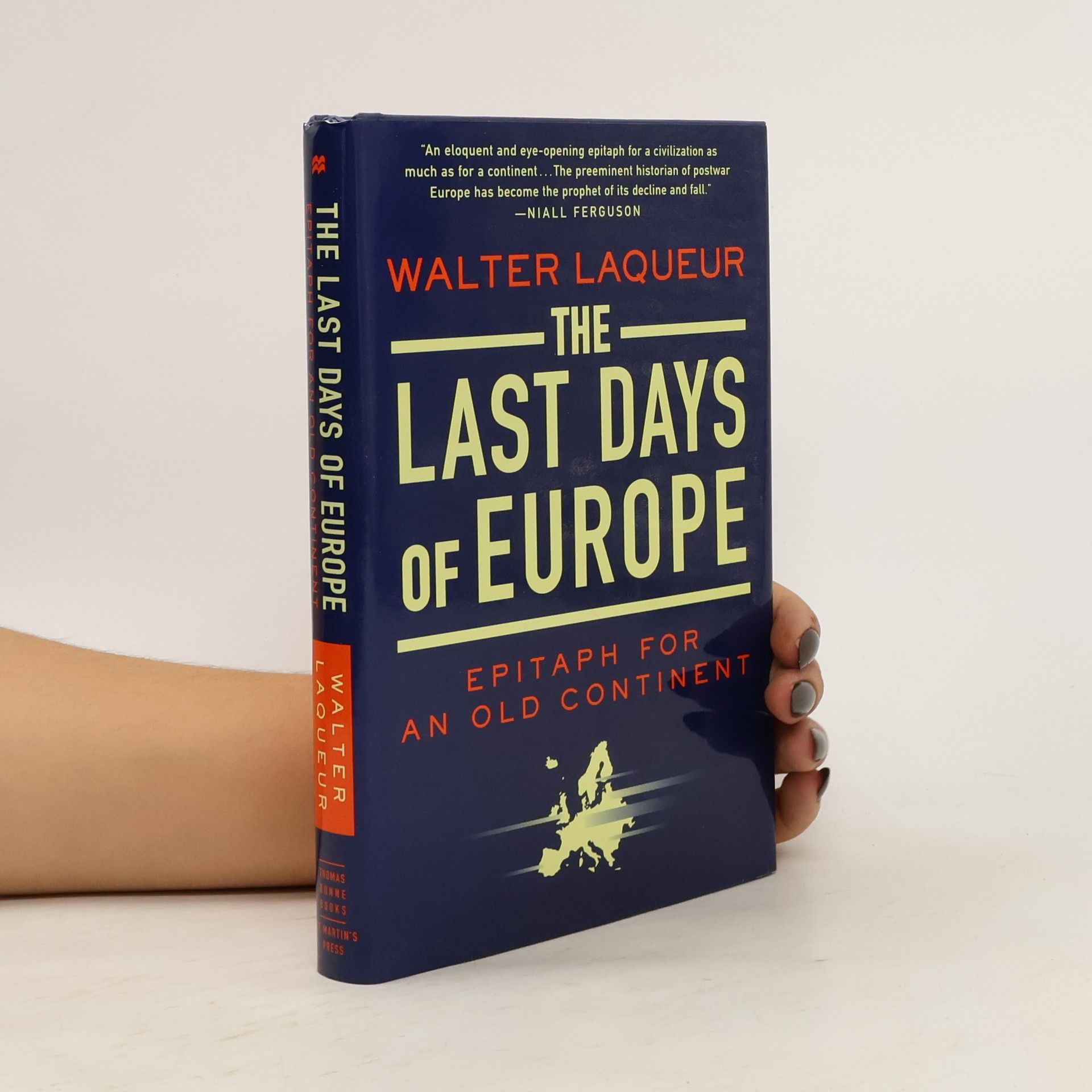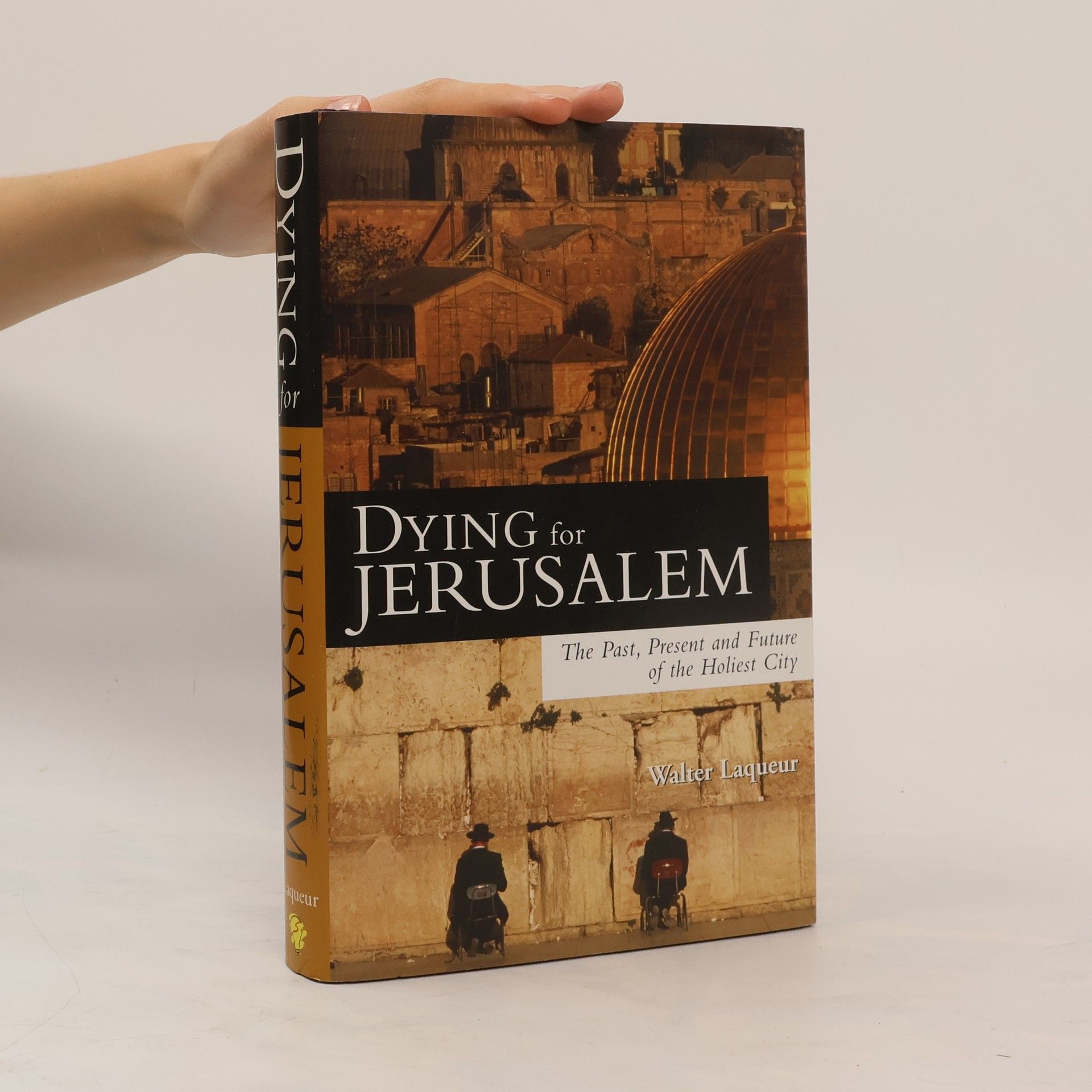This new collection by Walter Laqueur, a distinguished historian and political commentator, presents his insights on fifty years of political life through a series of essays. Covering events from over seventy years ago to potential future occurrences, Laqueur organizes his writings into five main themes: optimism in politics, Europe, the Arab Spring, Israel and Jewish affairs, and reflections on the past. He explores the crucial question of how much optimism is necessary in politics, noting that some neuroscientists argue our assessments may be overly optimistic, while others warn against the influence of negative conclusions. Laqueur contends that these psychological factors significantly impact our understanding of political trends. He also emphasizes the complex relationship between historical writing and current affairs, challenging the notion that historians are inherently better at interpreting the present or predicting the future. While some historians excel as political commentators, others do not, and Laqueur's reflections affirm his position among the successful ones. This volume serves as a testament to his insightful analysis and the importance of optimism in navigating political landscapes.
Walter Laqueur Livres
Walter Ze'ev Laqueur était un historien et journaliste américain dont le travail a exploré l'histoire européenne des XIXe et XXe siècles, en particulier l'histoire russe et allemande, ainsi que l'histoire du Moyen-Orient. Sa vaste œuvre académique a couvert un large éventail de sujets, du Mouvement de la jeunesse allemande et du sionisme au communisme, à l'Holocauste et à l'histoire diplomatique de la Guerre Froide. Laqueur a été un pionnier dans l'étude de la violence politique, de la guérilla et du terrorisme. Ses analyses sur les affaires internationales ont paru dans de nombreux journaux et périodiques américains et européens, et ses livres ont été traduits dans de nombreuses langues, reflétant la portée mondiale de ses analyses historiques.

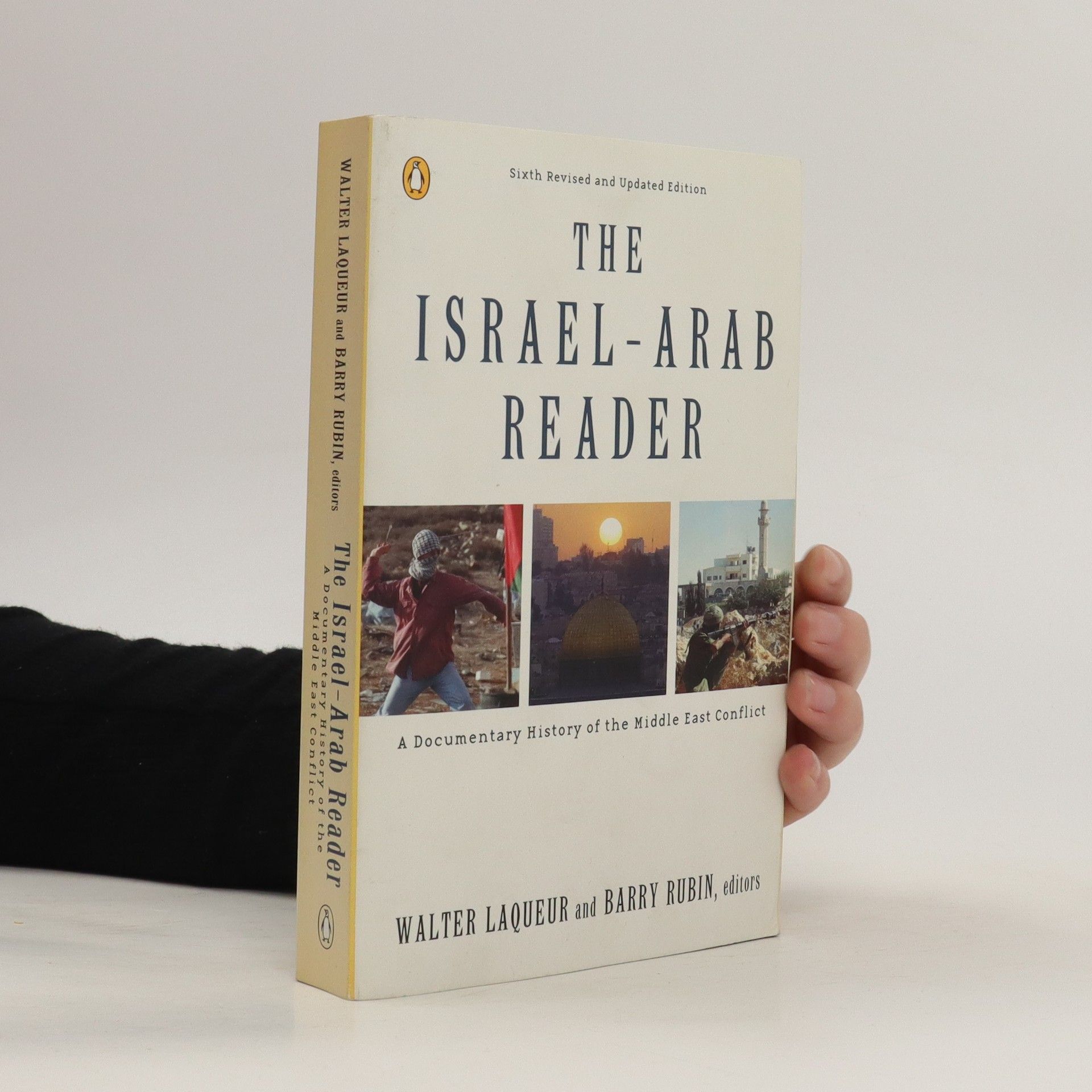
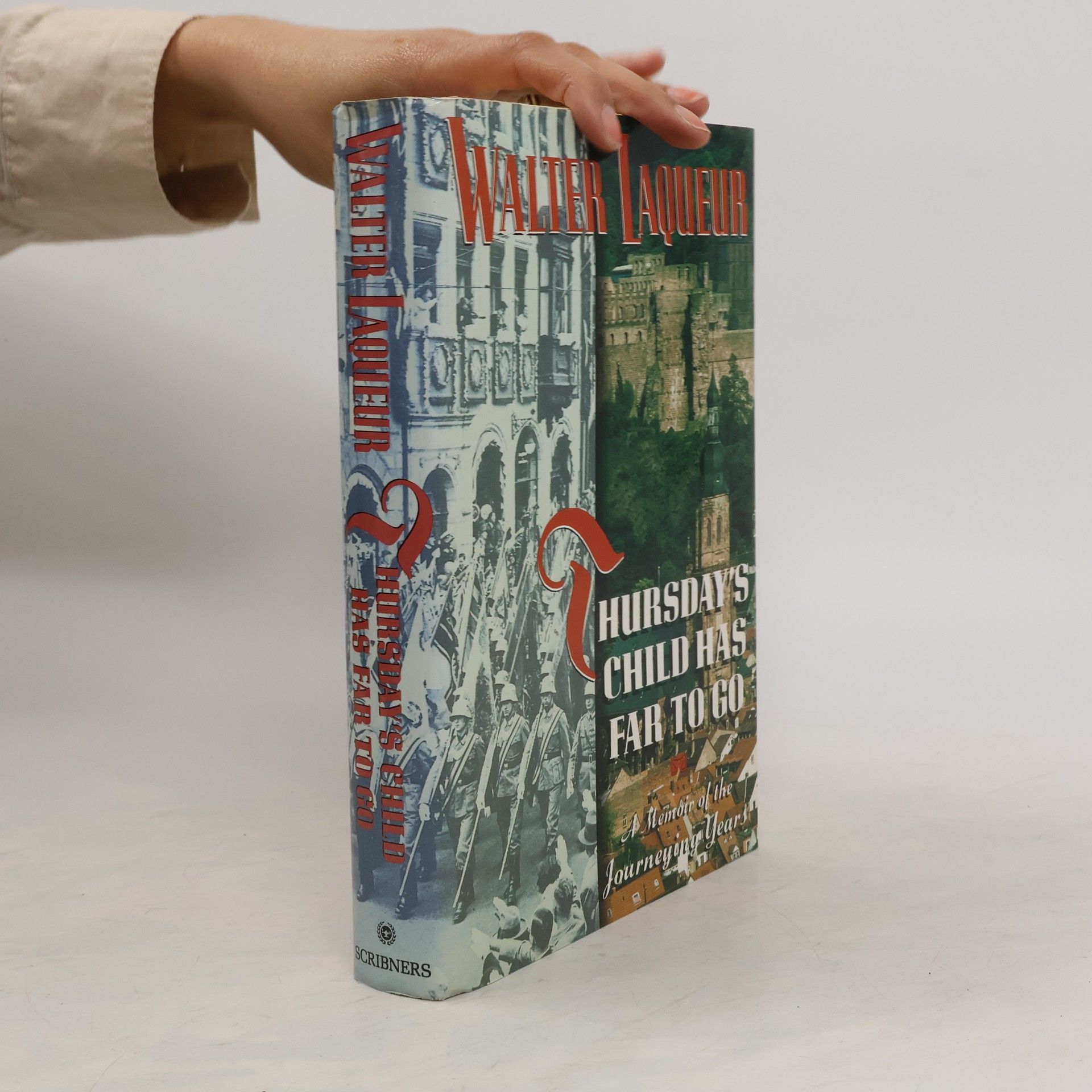


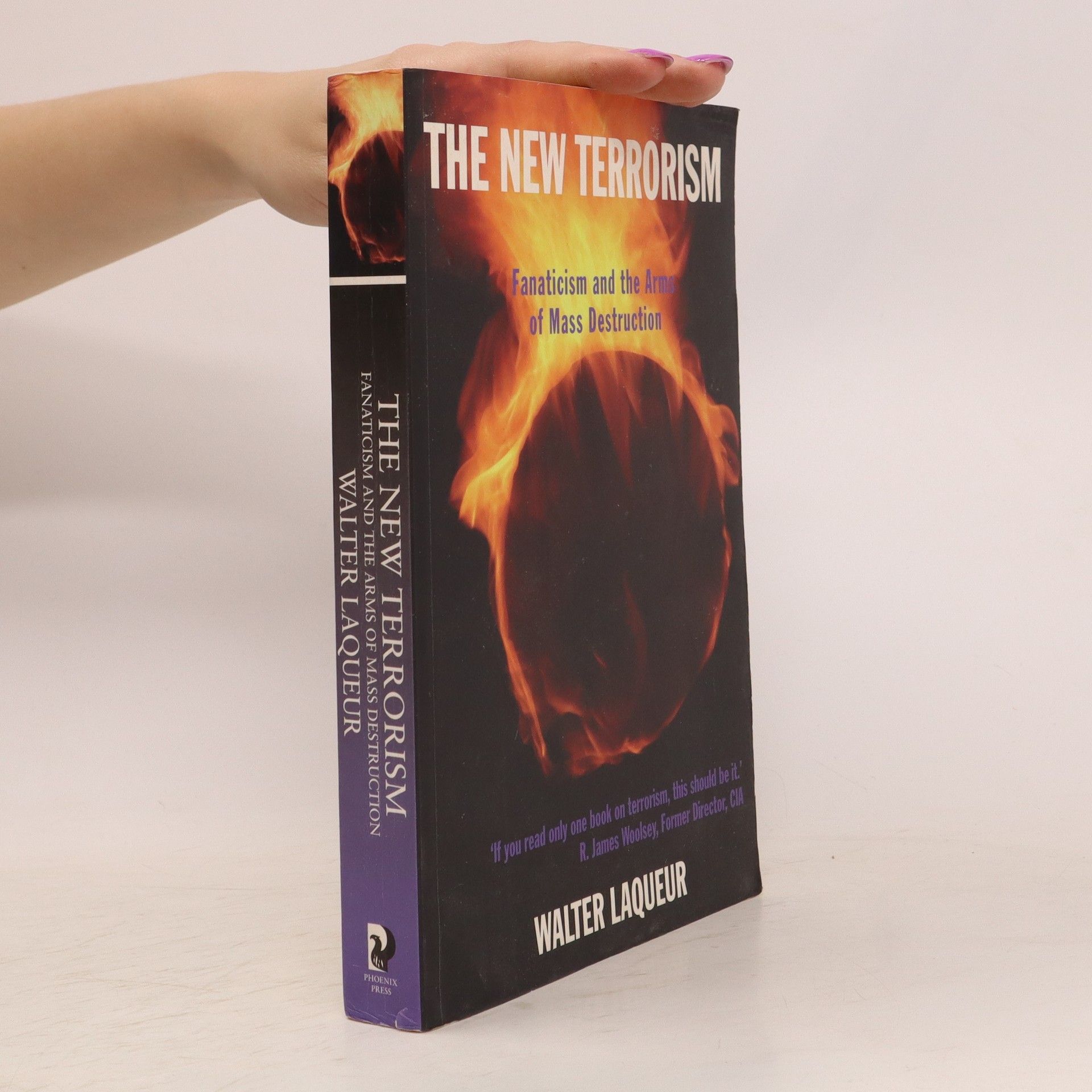
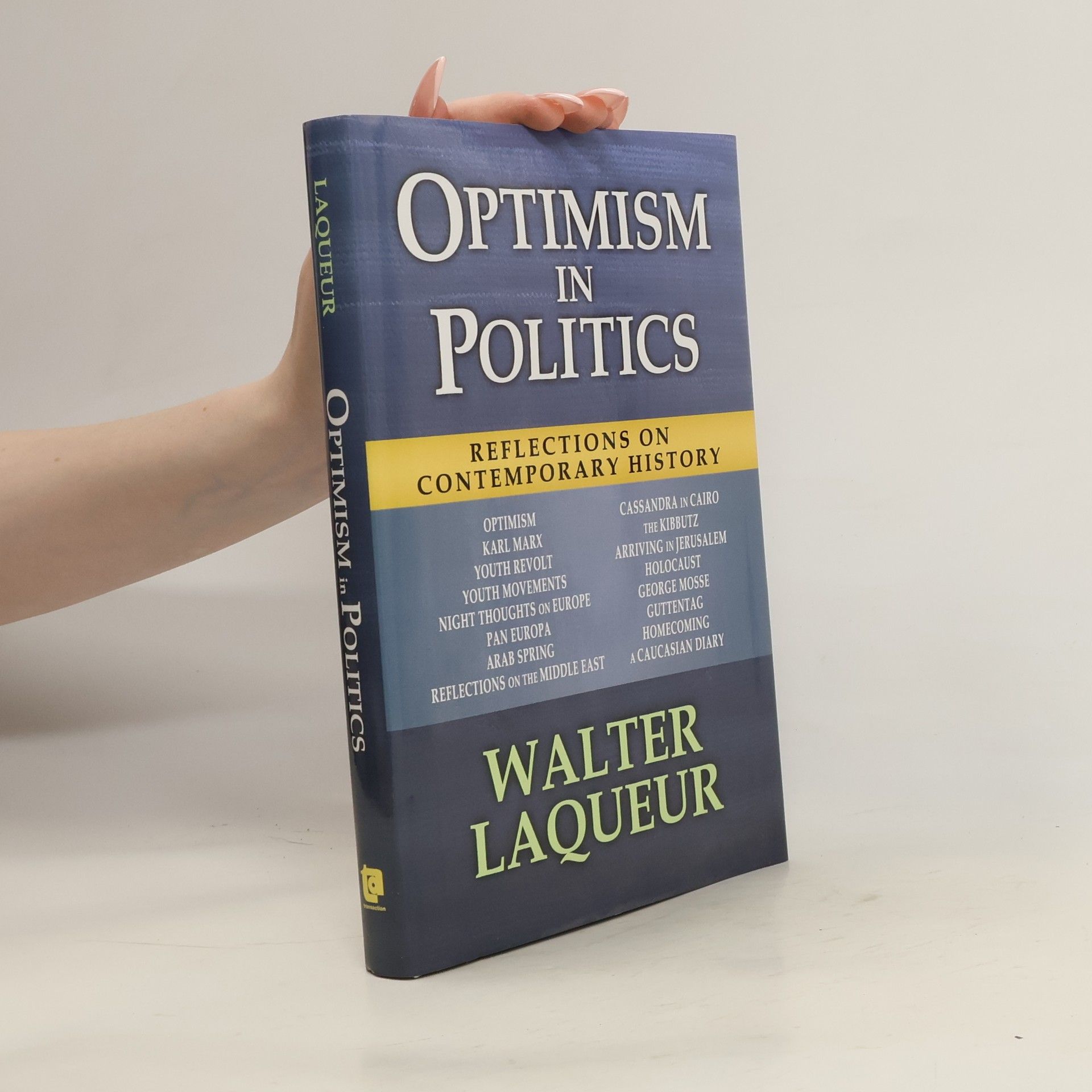
The New Terrorism
- 320pages
- 12 heures de lecture
Coinciding with this is the alarming increased availability of weapons of mass destruction, cheap and easily accessible chemical and biological weapons and cyberterrorism. Walter Laqueur, a world renowned expert on terrorism and international strategic affairs and author of Fascism:A Reader and Weimar (Phoenix Press), recounts the history of terrorism and examines the future of terrorism worldwide.It is only a matter of time, Laqueur argues, before the attainability of weapons of mass destruction creates a terrifying and unstable scenario. 'a discomfiting augury fore the future. Laqueur's excellent work is probably the best single volume I've seen on the phenomenon of terrorism and political violence'. Vincent Cannistraro, former Chief of CIA Counterterrorism Operations.
Generation exodus
- 400pages
- 14 heures de lecture
This text is a generational history of the young people whose lives were irrevocably shaped by the rise of the Nazis. Half a million Jews lived in Germany when Hitler came to power in 1933. Over the next decade, thousands would flee. Among these refugees, teens and young adults formed a remarkable generation. They were old enough to appreciate the loss of their homeland and the experience of flight, but often young and flexible enough to survive and even flourish in new environments. This generation has produced such disparate figures as Henry Kissinger and "Dr Ruth" Westheimer. Walter Laqueur has drawn on interviews, published and unpublished memoirs and his own experiences as a member of this group of refugees, to paint a vivid and moving portrait of Generation Exodus.
Book by Kupperman, R.H., Trent, Darrell M.
Thursday's child has far to go
- 418pages
- 15 heures de lecture
The Israel-Arab Reader
- 592pages
- 21 heures de lecture
A historical overview of the continuing crisis in the Middle East traces the course of the Israel-Arab conflict from its earliest origins, through the various wars, skirmishes, and peace efforts, to the Israel-PLO and Israel-Jordan peace accords, in a collection of articles, speeches, letters, and reports dealing with all aspects of the subject. Original.
The age of terrorism
- 385pages
- 14 heures de lecture
Very Good,No Highlights or Markup,all pages are intact.
Presenting a history of anti-semitism, this book traces its evolution from the religious anti-semitism of the middle ages to a racial anti-semitism that developed in the 19th and 20th centuries. It explains its origins and rationale, how it manifests itself, the different forms of anti-semitism, and what forms it may take.
"What happens when a falling birthrate collides with uncontrolled immigration? The Last Days of Europe explores how a massive influx from Asia, Africa, and the Middle East has Loaded Europe with a burgeoning population of immigrants, many of whom have no wish to be integrated into European societies, but make full use of the host nations' generous free social services."--Jacket
The Past, Present and Future of the Holiest City Why has a symbol become such a tremendous political issue? Whence the insistence on the part of the religious nationalists on keeping Jerusalem as the permanent and exclusive capital? And why the insistence by Palestinians on having it as their capital, which it never was in the past? Why are people who do not want to live in Jerusalem willing to die for it? Praise for Walter Laquer from the New York Times: "Among the last of a remarkable generation of German Jewish intellectuals, Walter Laquer has seen and survived much of this century's agitated history. He has also written cogently, even preciently, about it for more than 40 years."(Review of Facism: Past, Present, Future) "Walter Laquer--a deeply learned polygot historian, whose expertise ranges from 19th-century Germany to 20th-century Egypt--has for decades stood out as one of the very few sober and intelligent voices in this undistinguised crowd."(Review of No End to War: Terrorism in the Twenty-First Century) "One of our most distinguished scholars of modern European history."(Review of Black Hundred: The Rise of the Extreme Right in Russia)
